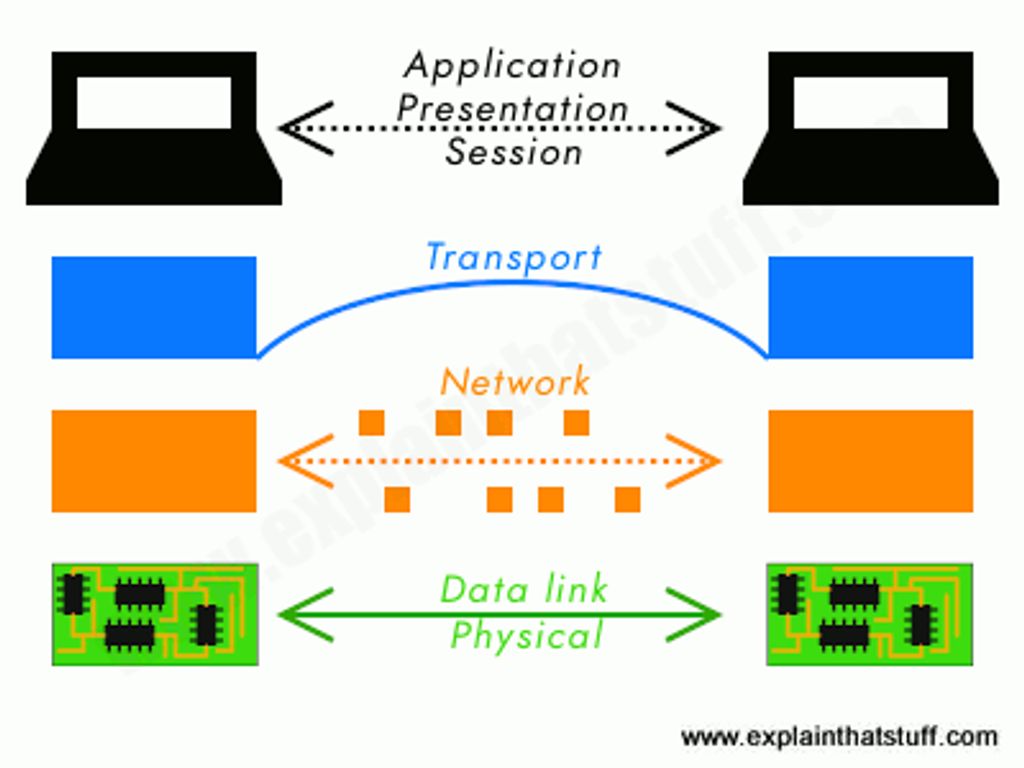A VPN protocol is a set of rules and procedures that govern the secure transmission of data between a user’s device and a VPN server. It ensures that data is encrypted and protected from unauthorized access. Understanding VPN protocols is essential for choosing the right VPN service and ensuring the highest level of security and privacy. In this guide, we will explore the most common VPN protocols and their key features.
Key Takeaways
- VPN protocols are essential for secure data transmission between a user’s device and a VPN server.
- OpenVPN is a popular and widely supported VPN protocol known for its strong security.
- IPsec is a versatile VPN protocol that provides excellent security and is commonly used in enterprise networks.
- WireGuard is a modern and lightweight VPN protocol that offers fast performance and strong encryption.
- When choosing a VPN service, it is important to consider the supported protocols and their security features.
Understanding VPN Protocols
What is a VPN Protocol?
A VPN protocol is a set of rules and procedures that govern how data is transmitted and encrypted over a virtual private network. It determines the level of security, speed, and compatibility of the VPN connection.
Importance of VPN Protocols
VPN protocols play a crucial role in ensuring network security and protecting sensitive data. By encrypting internet traffic and creating a secure connection between the user’s device and the VPN server, these protocols safeguard against potential threats and unauthorized access.
Common VPN Protocols

OpenVPN
OpenVPN is one of the most popular VPN protocols available today. It is known for its strong security features and flexibility. With OpenVPN, users can establish a secure connection between their device and the VPN server, ensuring that their online activities are encrypted and protected from prying eyes. This protocol uses a combination of symmetric-key cryptography and public-key cryptography to provide a secure and reliable connection. OpenVPN is compatible with various operating systems and devices, making it a versatile choice for both personal and business use.
IPsec
IPsec, or Internet Protocol Security, is a widely used VPN protocol that provides a secure and encrypted connection for data transmission. It offers strong security features and is known for its compatibility with various devices and operating systems. IPsec uses a combination of cryptographic algorithms to ensure the confidentiality, integrity, and authenticity of data. It operates at the network layer of the OSI model, making it suitable for securing network-to-network and remote access connections.
WireGuard
WireGuard is a modern VPN protocol that offers high-speed, secure, and efficient connections. It has gained popularity for its simplicity and performance.
Frequently Asked Questions
What is a VPN protocol?
A VPN protocol is a set of rules and procedures that govern how data is transmitted and encrypted between devices in a VPN connection.
Why are VPN protocols important?
VPN protocols are important because they determine the level of security, speed, and compatibility of a VPN connection.
What is OpenVPN?
OpenVPN is an open-source VPN protocol that uses SSL/TLS encryption to provide secure and reliable connections.
What is IPsec?
IPsec (Internet Protocol Security) is a suite of protocols that provides secure communication over IP networks.
What is WireGuard?
WireGuard is a modern and lightweight VPN protocol that aims to provide better performance and security compared to traditional protocols.
Which VPN protocol should I use?
The choice of VPN protocol depends on your specific needs and requirements. OpenVPN is widely used and offers a good balance between security and performance, while WireGuard is known for its simplicity and speed.


Leave a Reply